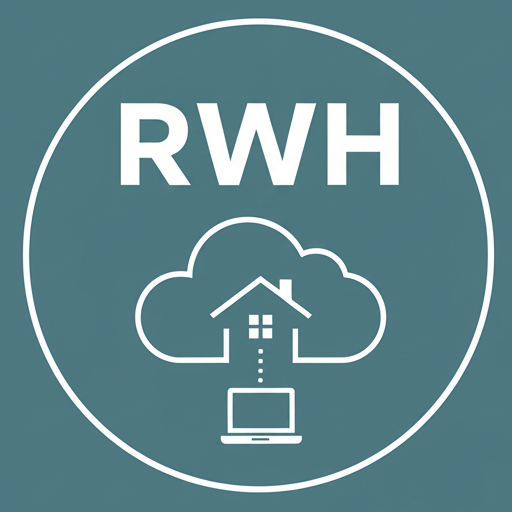Remote Work Screen Fatigue Is Real. Here’s How to Reclaim Presence Without Burning Out.

The Message We Got That Hit Too Hard
“I’m online 10–12 hours a day. I respond to Slack fast, I show up for every meeting, I even comment on LinkedIn threads.
But when I shut down my laptop, I still feel like I don’t exist.”
That wasn’t from someone spiraling. It was from someone doing everything “right.”
And that’s the problem.
This isn’t depression.
This is remote work screen fatigue — and it’s what happens when your workday never turns off, and your mind never actually logs in.
You’re Logged In — But You’re Not There
You can hit every deadline, check every box, and still feel like a ghost in your own body. That’s not laziness. That’s presence collapse.
Remote tools aren’t designed to make you feel human.
They’re designed to keep you available.
- Zoom forces you to perform
- Slack rewards speed, not depth
- Browser tabs blur together
- Nothing changes — and neither do you
You’re online. You’re responsive.
But you’re not present. You’re just running.
Your Body’s Not Burned Out — It’s Sensorially Numb
Screen fatigue from remote work isn’t just eye strain.
It’s a full-body system collapse caused by too much input, too little variation.
Your nervous system craves feedback: temperature, sound, movement, light shifts.
Staring at a glowing rectangle for 10 hours straight gives it none of that.
So your body starts sending mixed signals:
- You’re “awake” but unfocused
- You’re “active” but underhydrated
- You move less and crash harder
This isn’t about sleep.
It’s about lack of sensory interruption.
You’re not broken. You’re just numbed out from a system that never gives you a pause.
You Don’t Need Motivation — You Need Structural Anchors
No amount of journaling or productivity apps will fix this.
Because this isn’t about discipline or willpower.
It’s about lack of boundaries, contrast, and closure.
When your day has no end, your focus has no beginning.
When every space is “work space,” your brain loses its off switch.
Start rebuilding contrast — fast.
🔹 Rebuild physical cues
Change something you see or feel when switching modes:
- Lighting
- Scent
- Temperature
- Sound
These are not “self-care.” They’re environmental signals.
🔹 Use a 3-tab rule
You’re not being efficient with 12 tabs open — you’re splintering your attention across a dozen fake priorities.
Force yourself to pick 3 and close the rest.
🔹 Shut down physically, not just digitally
Don’t just close your laptop.
Stand up. Turn off your light. Change clothes. Walk away.
Give your body a signal that the system is off.
You’re Not Invisible — Your System Is
You don’t need a digital detox.
You don’t need a sabbatical.
You need a structure that respects your bandwidth — not one that assumes you have infinite energy and focus.
Remote work screen fatigue is real.
But it’s not about quitting.
It’s about building a new kind of presence — one built on contrast, feedback, and real-world anchors.
You’re not disappearing.
You’re just running on a system that never lets you arrive.


Pingback: Mental Fitness and Digital Detoxing: Practical Survival Strategies
Pingback: Fix Your Sleep Cave, Beat Sleep Debt Fast